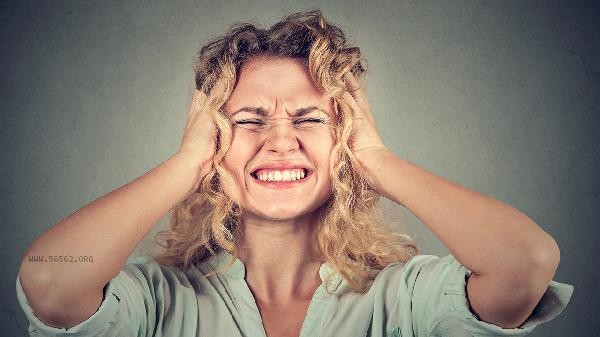Hypomania is a subtype of bipolar disorder, characterized by core symptoms such as high mood, vigorous energy, and increased activity. During manic episodes, patients typically maintain a certain level of social functioning, but may experience impulsive behavior or decreased judgment.

1. Emotional surge
Patients will remain in an abnormally happy or irritable state for several days, and this emotional change is not commensurate with their personal situation. Typical manifestations include excessive optimism, blind confidence, and some patients may suddenly become angry over trivial matters. Emotional fluctuations are contagious and may drive people around them into an excited state.
2. Mental runaway
The thinking speed is significantly accelerated, and there is a phenomenon of wandering thoughts and loose associations. The patient's speech rate increases and the content jumps, often suddenly shifting from one topic to another. Some people may have unrealistic plans, such as suddenly deciding to start a business or make large investments.
3. Increased activity
Abnormal energy and significantly reduced sleep demand without feeling tired. Multiple projects may be carried out simultaneously but difficult to complete, such as overnight work, frequent socializing, or excessive consumption. Some patients may exhibit reckless behavior, such as reckless driving or casual sexual activity.

4. Cognitive bias
Excessive self-evaluation leads to decreased judgment and often exaggerates one's own abilities or importance. Attention is easily distracted and overly sensitive to external stimuli. Some patients may experience brief hallucinations or delusions, but usually do not have the severity of psychotic symptoms.
5. Social Impact
Work and study efficiency may temporarily improve, but in the long run, it can lead to tense interpersonal relationships. Due to weakened self-control, it is easy to conflict with others or engage in legal risky behavior. After the onset period, patients often experience feelings of shame or depression due to reviewing their own behavior.

Hypomanic patients should maintain a regular daily routine and avoid irritating substances such as caffeine and alcohol. It is recommended to record the cycle of emotional changes, and seek medical attention promptly when persistent sleep disorders or risky behaviors occur. psychological therapy can help identify premonitory symptoms, and medication treatment requires strict adherence to medical advice to adjust dosage. Family members should learn about diseases and avoid overly blaming or reinforcing the patient's excited state.




Comments (0)
Leave a Comment
No comments yet
Be the first to share your thoughts!